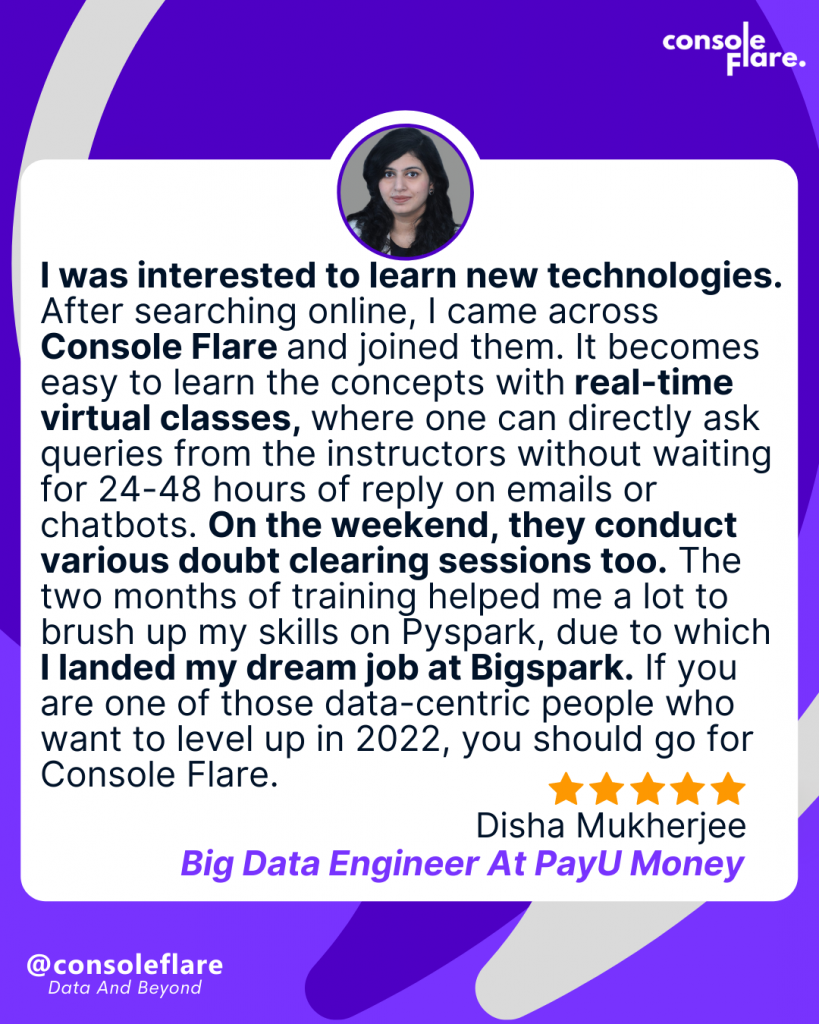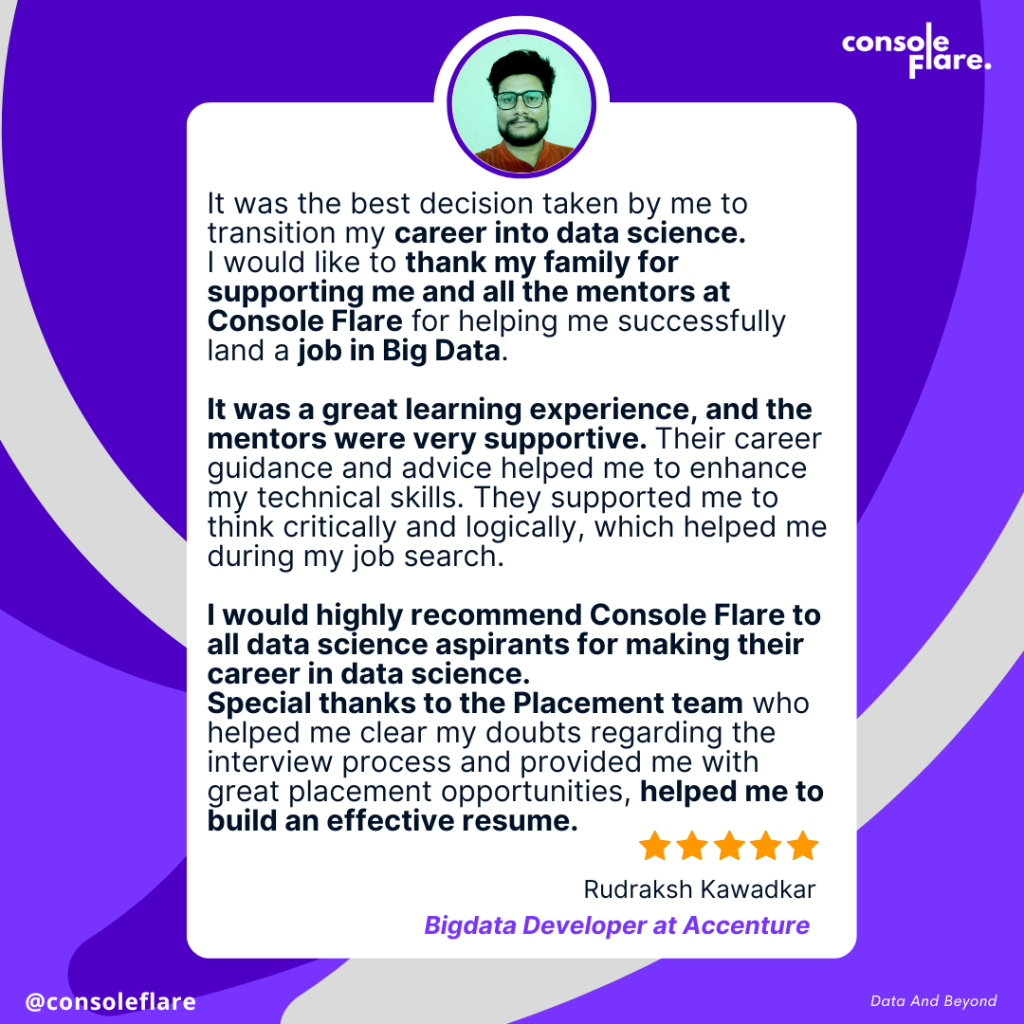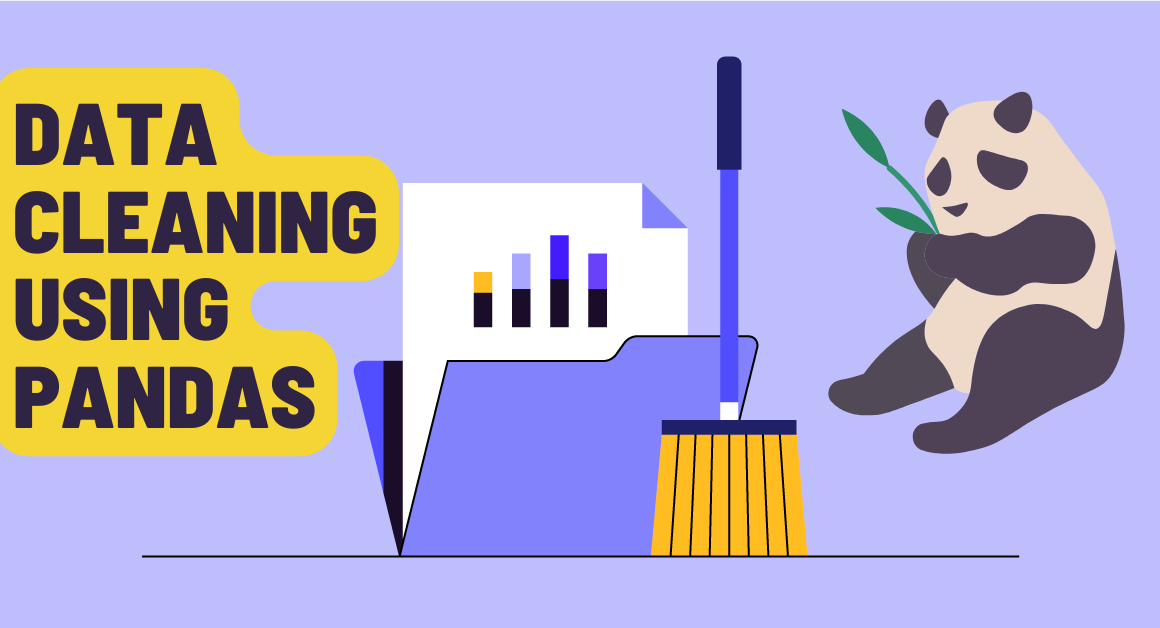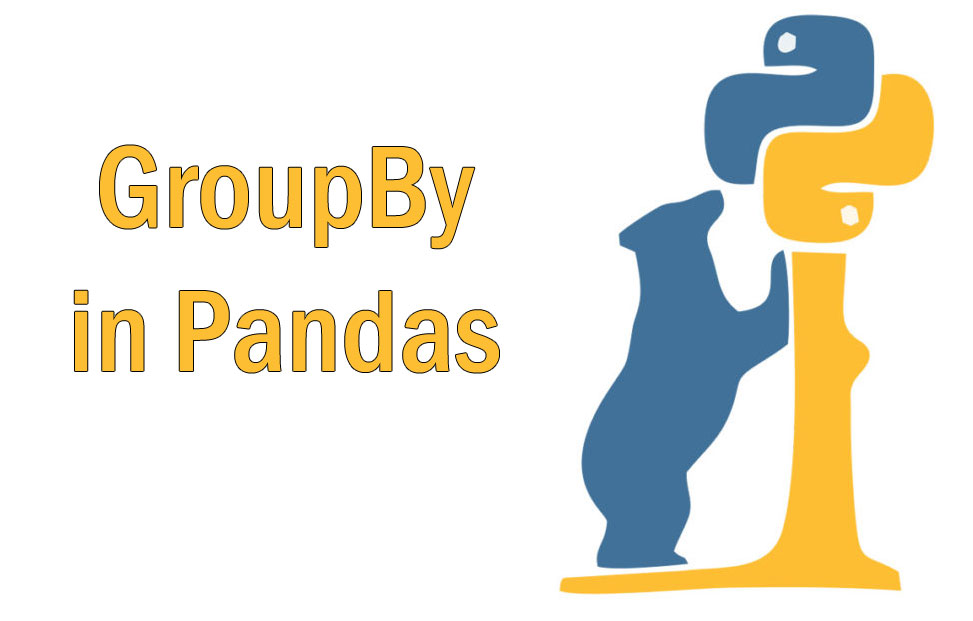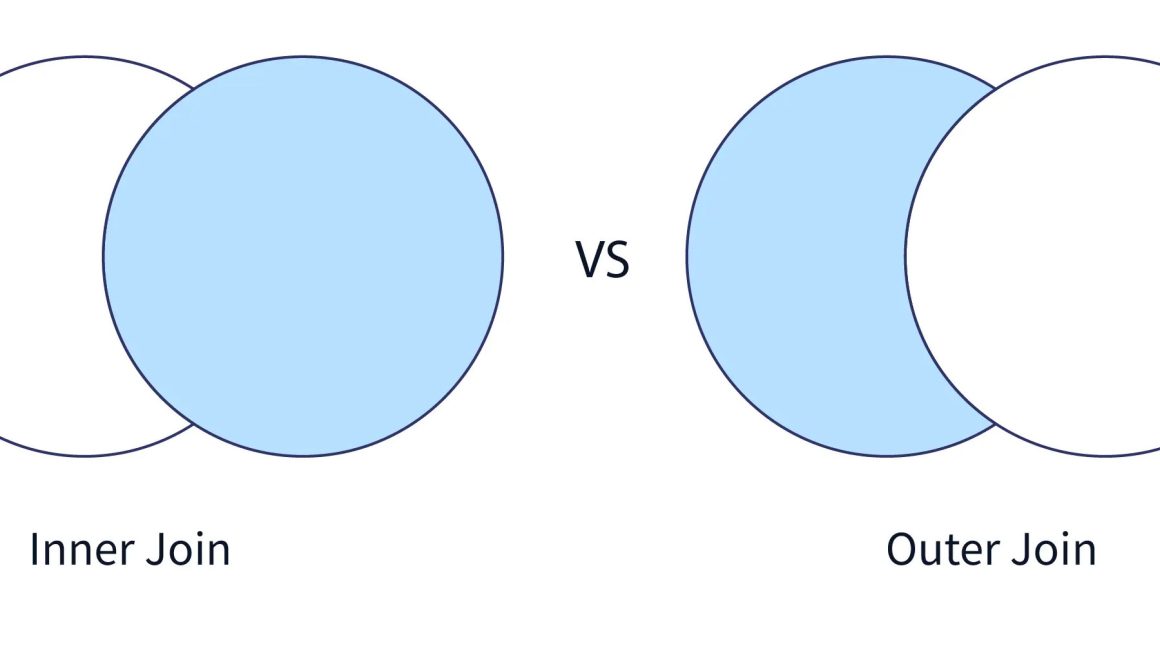Is it really possible for non-it professionals to become a data science professional? Hear It From Those Who’ve Transformed Into Data Professionals In Just 6 Months!
Data science has emerged as a highly sought-after field, with organizations relying on data-driven insights to make informed business decisions. Many individuals from non-IT backgrounds are intrigued by the potential of a career in data science. In this article, we will explore whether it is possible for someone from a non-IT background to become a data science professional and provide guidance on how to transition into this exciting field.
Become a Data Science Professional
The Interdisciplinary Nature of Data Science
a. Data Science Beyond IT: While data science has strong roots in computer science and programming, it encompasses a wide range of disciplines, including statistics, mathematics, and domain-specific knowledge. Non-IT professionals can leverage their expertise in areas such as business, finance, healthcare, or social sciences to bring a unique perspective to data analysis.
b. Transferable Skills: Non-IT professionals often possess transferable skills that are valuable in data science. Skills such as critical thinking, problem-solving, analytical reasoning, communication, and domain knowledge can be leveraged to excel in data science roles.
Steps to Become a Data Science Professional
Acquiring the Necessary Technical Skills
a. Learn Programming: While non-IT professionals may not have a programming background, learning programming languages such as Python or R is crucial in data science. Online courses, tutorials, and coding boot camps can provide a structured learning path.
b. Understand Statistics and Mathematics: Data science heavily relies on statistical analysis and mathematical concepts. Non-IT professionals can benefit from brushing up on topics such as probability, regression analysis, hypothesis testing, and linear algebra.
c. Familiarize Yourself with Data Manipulation and Visualization: Gain proficiency in data manipulation libraries such as Pandas and data visualization tools like Matplotlib or Tableau. These skills are essential for data cleaning, exploration, and presentation.
You’re reading the article, Can Someone From Non-IT Background Become A Data Science Professional?
Practical Experience and Projects
a. Work on Real-World Projects: Building a portfolio of data science projects is crucial to showcase your skills to potential employers. Look for open-source datasets or participate in online platforms like Kaggle to gain hands-on experience in data analysis and model building.
b. Seek Internships or Collaborative Opportunities: Non-IT professionals can seek internships or collaborative projects with organizations that require data analysis. This practical experience will not only enhance your skills but also demonstrate your ability to apply data science techniques in real-world scenarios.
Networking and Learning Resources
a. Engage with the Data Science Community: Connect with data science professionals through online forums, social media groups, and local meetups. Networking can provide valuable insights, mentorship opportunities, and access to job openings in the field.
b. Continuous Learning: Stay updated with the latest trends and advancements in data science through online courses, webinars, blogs, and podcasts. ConsoleFlare offers comprehensive data science courses that cover a range of topics, from programming to machine learning, providing a structured learning path for non-IT professionals.

You’re reading the article, Can Someone From Non-IT Background Become A Data Science Professional?
Getting Hired in Data Science
- Tailor Your Resume: Highlight transferable skills, relevant projects, and any data analysis or modeling experience on your resume. Emphasize how your non-IT background brings a unique perspective to data science.
- Showcase Your Portfolio: Share your data science projects and their outcomes through an online portfolio or GitHub repository. Demonstrate your ability to handle real-world data and extract meaningful insights.
- Leverage Your Network: Inform your professional network about your interest in data science. Seek referrals or recommendations from individuals who can vouch for your skills and potential.
- Continuous Learning and Growth: Data science is a rapidly evolving field, and continuous learning is crucial. Stay updated with industry trends, new algorithms, and emerging tools to enhance your skills and adapt to changing demands.
You’re reading the article, Can Someone From Non-IT Background Become A Data Science Professional?
Conclusion
Transitioning from a non-IT background to a data science professional is indeed possible. By acquiring the necessary technical skills, gaining practical experience through projects and internships, networking with the data science community, and continuously learning, non-IT professionals can successfully enter the field of data science.
ConsoleFlare offers a range of courses that cater to individuals from diverse backgrounds, providing a structured learning path to kickstart your data science journey. Embrace the interdisciplinary nature of data science and leverage your unique skills to make a mark in this exciting field.
Hope you liked reading the article, Can Someone From Non-IT Background Become A Data Science Professional? Please share your thoughts in the comments section below.




